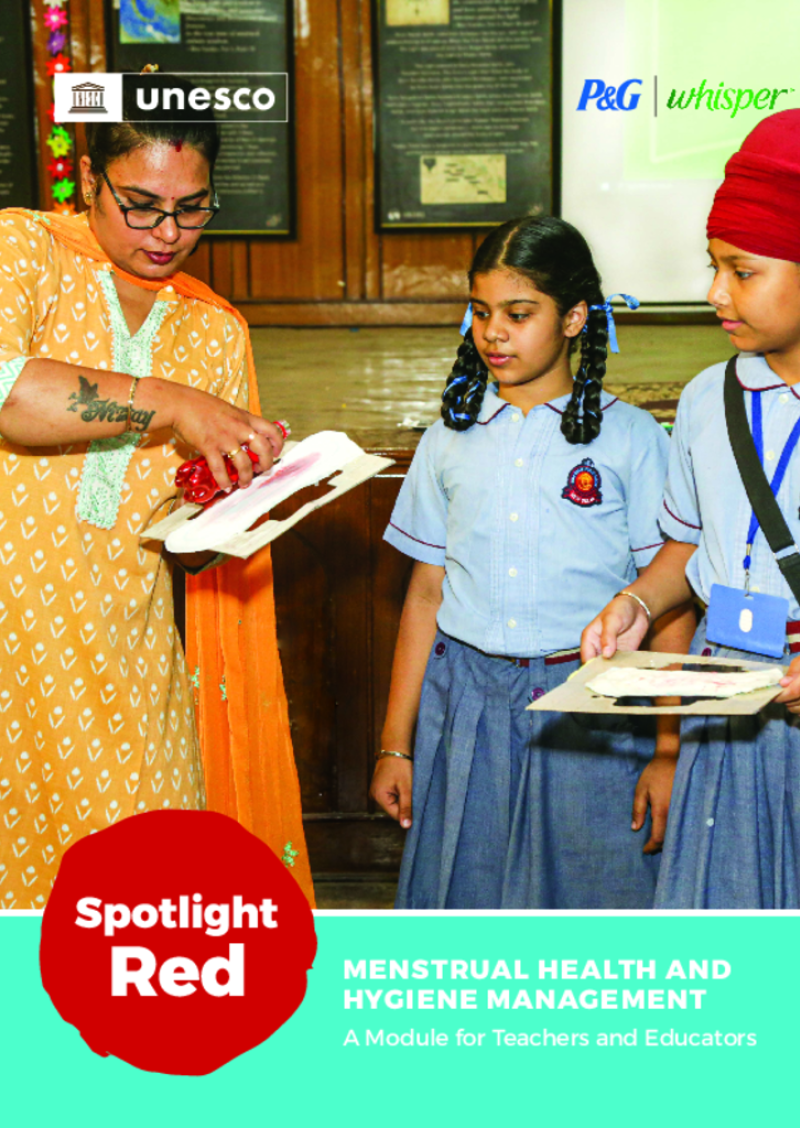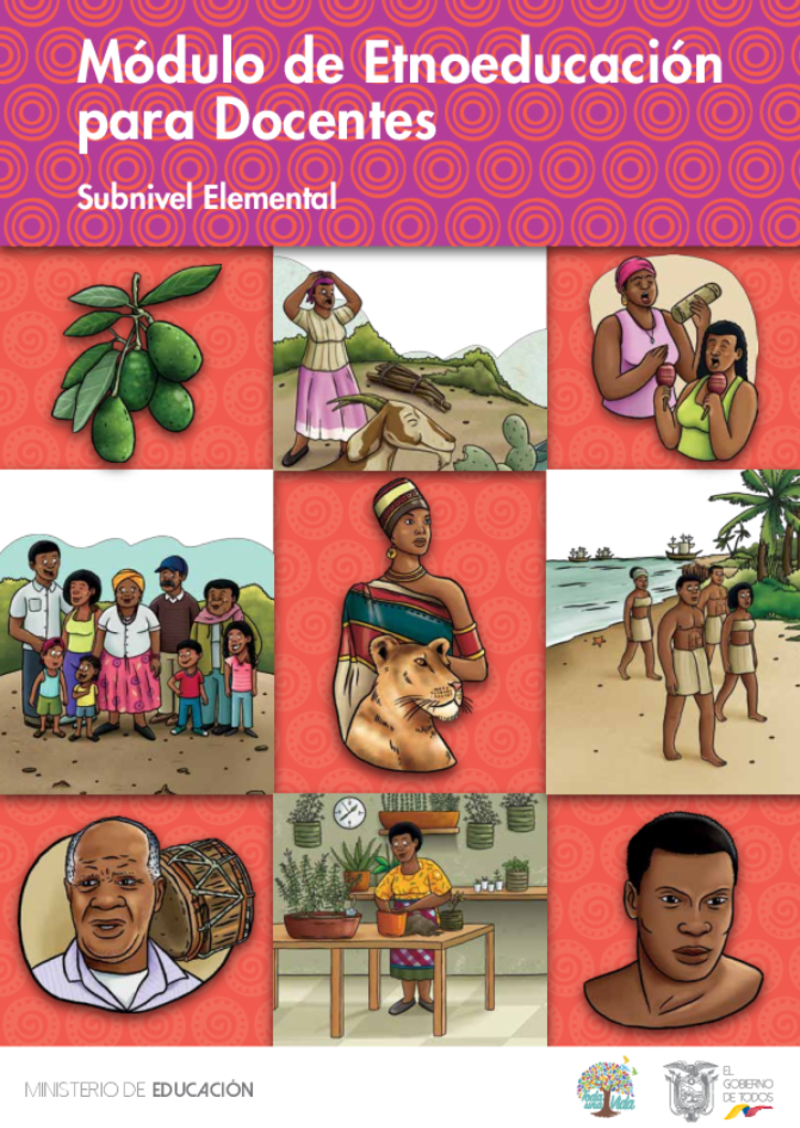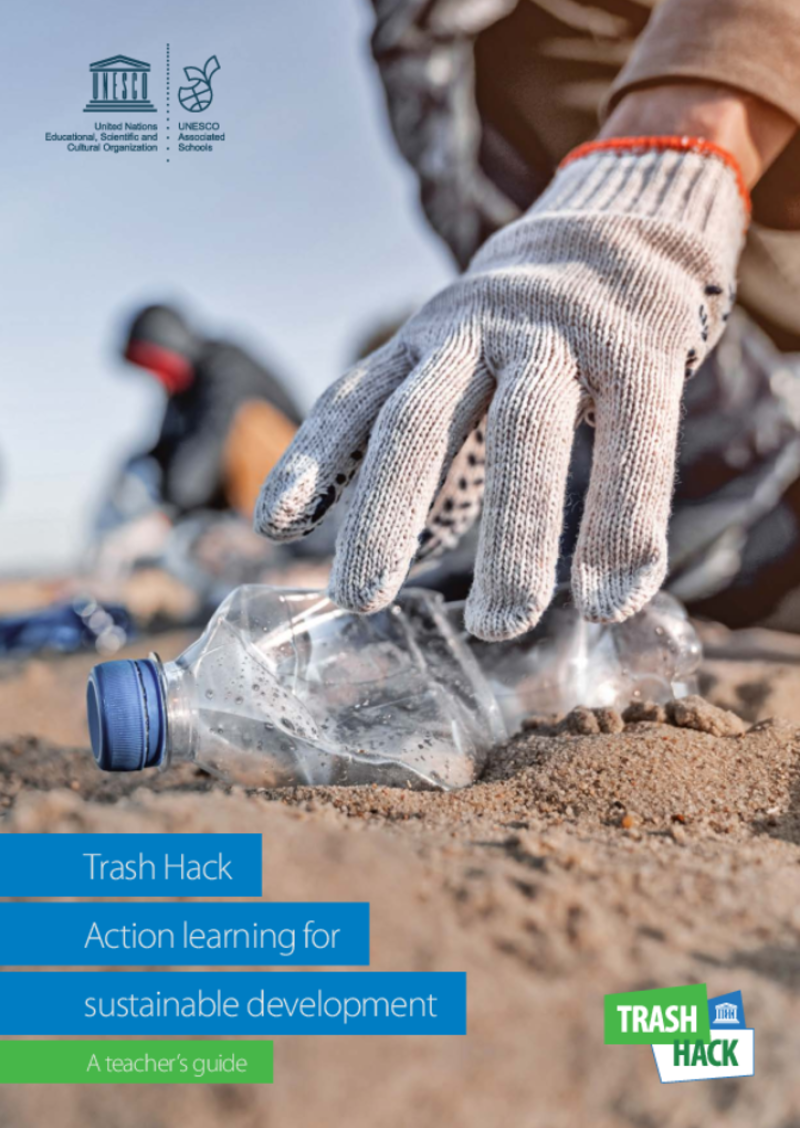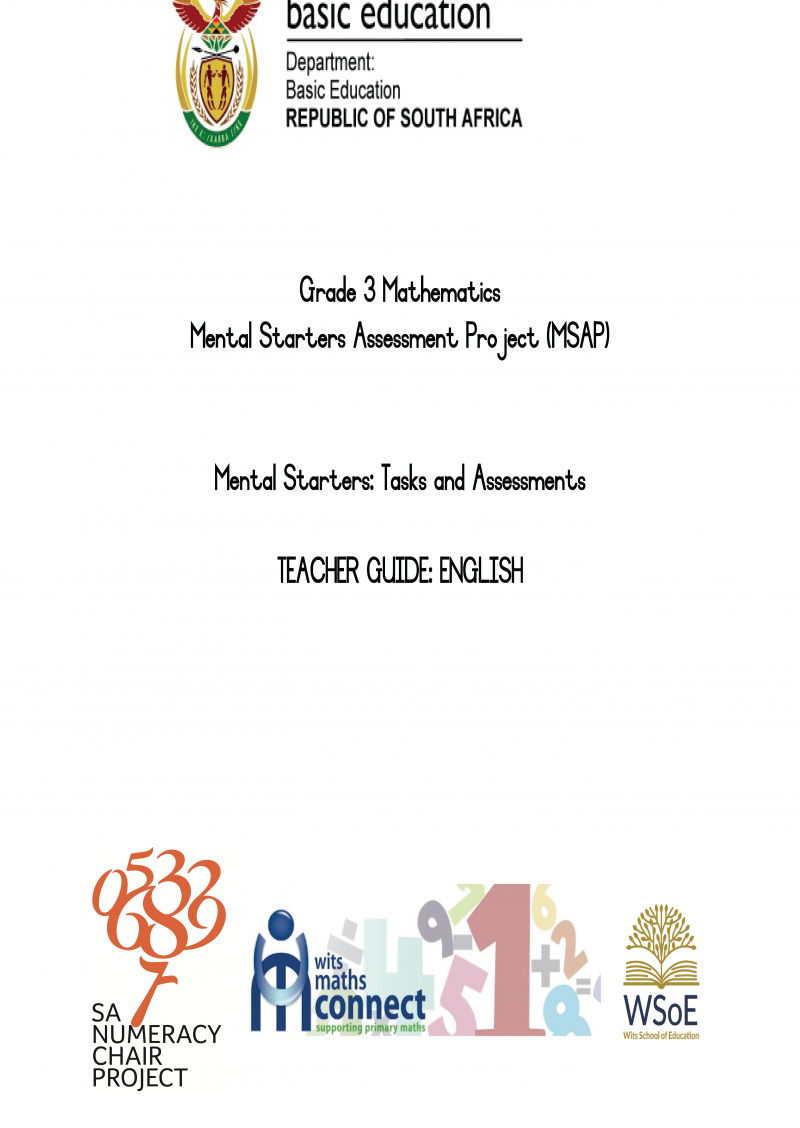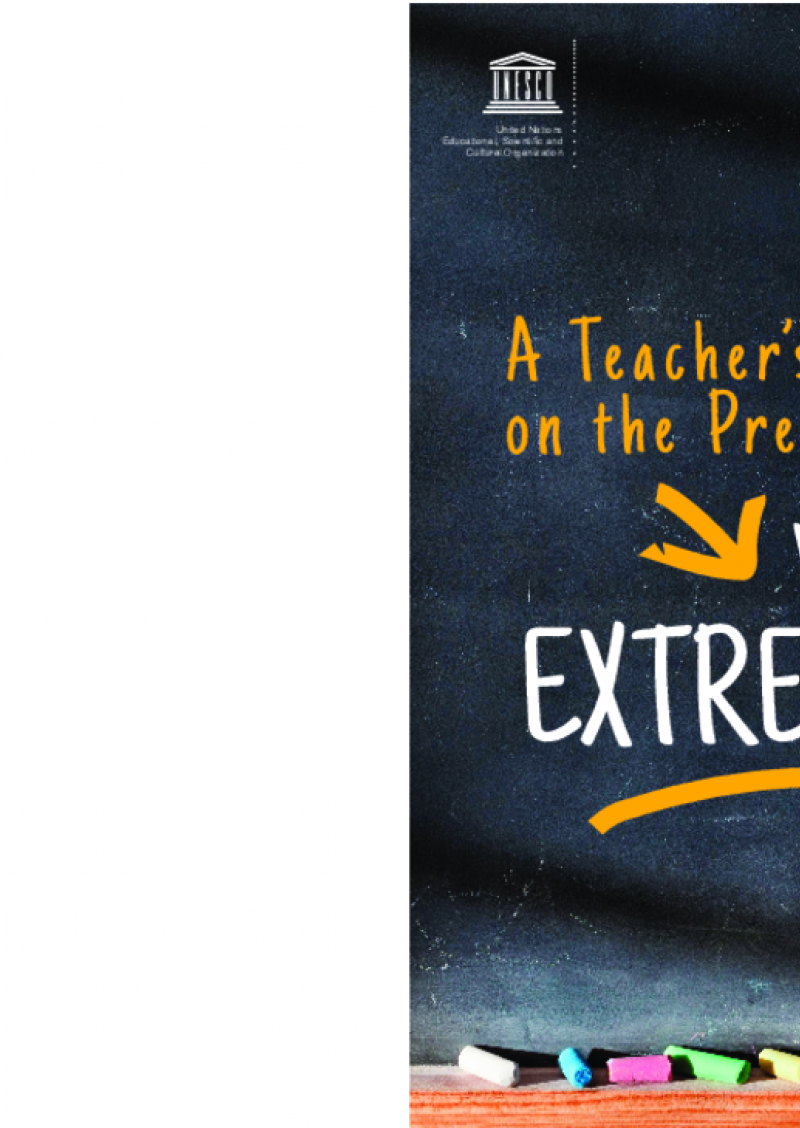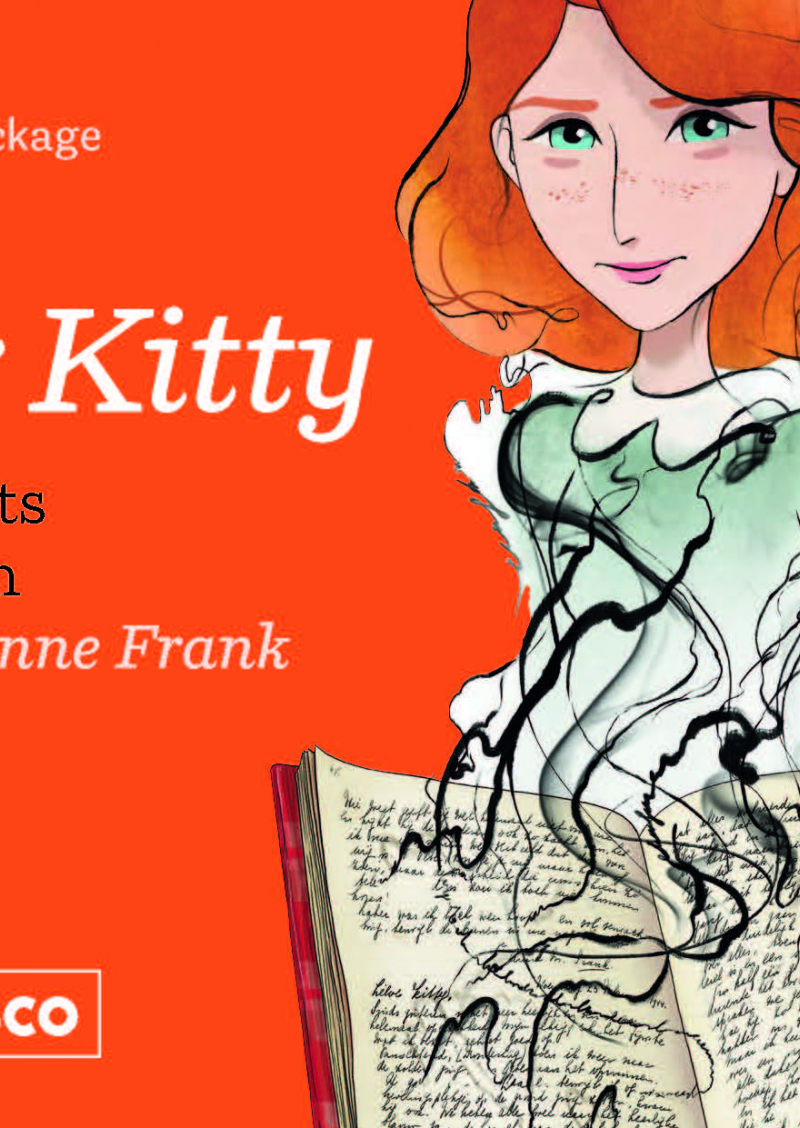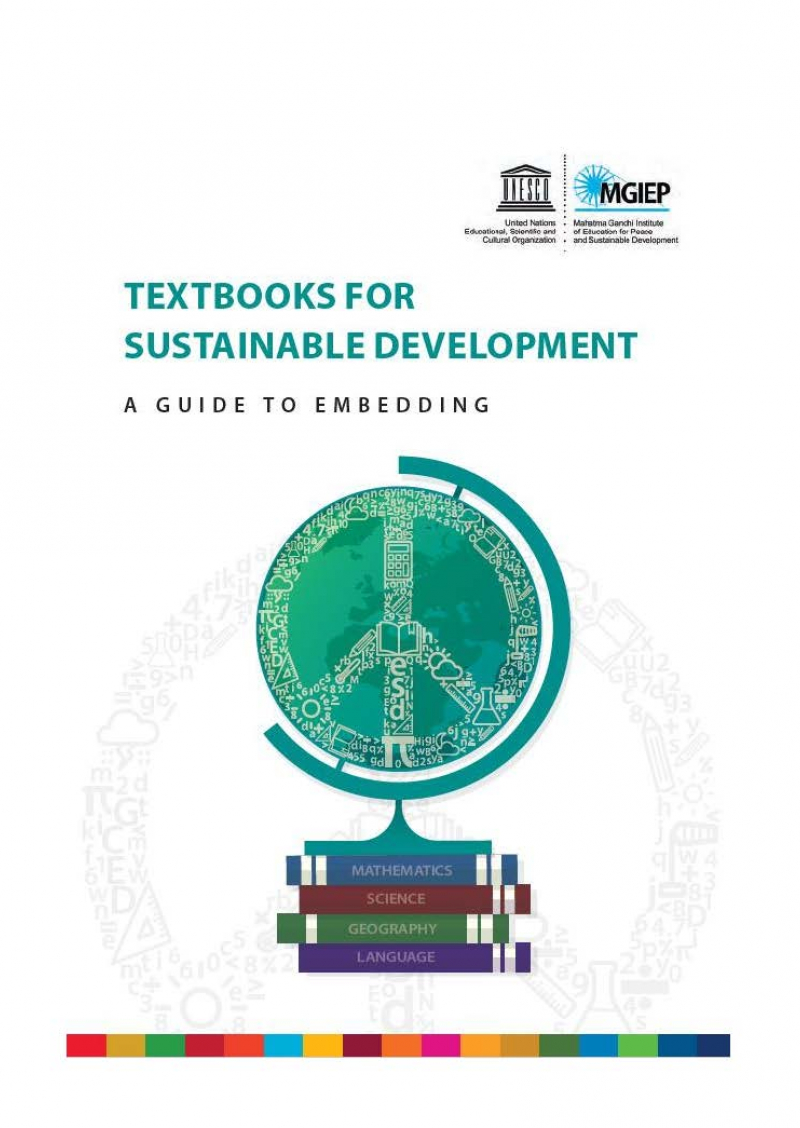Centre de Ressources pour les Enseignants
Affichage de 1 à 14 sur 14
Menstrual health and hygiene management: a module for teachers and educators
This publication is part of a series of teaching-learning modules developed by UNESCO and P&G Whisper India with the goal of integrating period and puberty education in school curricula. The series is structured into five modules that address key intervention areas related to MHHM, including: 1. building a curriculum that understands the biological and social impacts of puberty; 2. guiding teachers on the menstrual hygiene education curriculum; 3. providing teaching-learning materials geared towards addressing the specific needs of girls with disabilities; 4. highlighting the impact of gender inequalities on menstrual health and hygiene for both girls and boys; and 5. addressing nutritional approaches related to menstrual health and hygiene. This teaching-learning module was developed for teachers working in various contexts and with diverse needs and aims to support them in initiating conversations around MHHM and including the subject in school curricula for students across the gender spectrum. The purpose of this module is to provide facilitators with multiple and comprehensive strategies that lead to positive changes in attitudes, behaviours and practices around menstruation. Each chapter contains explanations of the subject at hand, stories, case studies, learning activities, illustrations and tables designed to provide a better understanding of the issues surrounding MHHM. A glossary is also included to ensure that you, the reader, become familiar with different terms related to menstruation.
Módulo de Etnoeducación para Docentes - Nivel Elemental
Este recurso pedagógico a destinación de los docentes y elaborado por el Ministerio de Educación de Ecuador, incluye definiciones desde distintas perspectivas, como la sociológica y la psicopedagógica. Proporciona una contextualización curricular, vinculando los aprendizajes y competencias definidos en el currículo nacional ecuatoriano. Además, ofrece planes de lecciones y recursos para trabajar con alumnos desde la educación primaria hasta la secundaria baja, abordando temas históricos, de organización social y de las tradiciones de las poblaciones afrodescendientes del país.
Global citizenship education in a digital age: teacher guidelines
This publication has been designed both for new and experienced teachers, as well as other professionals working in non-formal education settings that engage with upper primary and secondary students.
Purpose:
1.By using principles of GCED, digital citizenship, and media and information literacy, the guidelines aim to build the capacities of teachers to prepare learners to understand the implications of global and digital transformations on education, and to build opportunities to practice ethical and responsible behaviours in physical and digital environments. They provide guidance on tapping into the positive potential of the digital transformation, including through new access to information, possibilities of connection, and the creation of tailored content.
2. Build learners’ capacities to think critically about the influences and content that they encounter and engage in creating in physical and digital spaces.
3. Shape learners’ understanding of global challenges and how they can contribute to the Sustainable Development Goals (SDGs) through globally oriented digital citizenship.
Trash hack action learning for sustainable development: a teacher's guide
This short guide provides teachers with action-based approaches to address waste and trash management for sustainable development. It contains infographics and factsheets, inspiring initiatives taken by youth all around the world and activities that can be implemented in class or outside, over one day or several class sessions.
Enseigner et apprendre avec le patrimoine vivant : Kit de ressources pour les enseignants
Ce kit de ressources comprend plusieurs éléments qui fournissent aux enseignants des informations sur le pourquoi et le comment de l'intégration du patrimoine vivant dans leurs activités scolaires. Il a été développé dans le cadre de l'initiative UNESCO-UE sur le patrimoine culturel et l'éducation, à l'occasion de l'Année européenne du patrimoine culturel en 2018. Il s'appuie sur des projets développés par des enseignants de 10 pays dans différentes matières.
Mathematics lesson starters for Grade 3 learners
A set of teacher guides containing each 6 Mental Mathematics Lesson Starter units for Grade 3 learners, in alignment with the South African curriculum. A different calculation strategy is in focus in each unit. These calculation strategies are taken from the curriculum. Each unit covers a particular group of connected skills, and the aim is to move learners on from counting in ones on their fingers or with tally marks on paper.
Each unit is three weeks long; it begins and ends with a short test for the learners. Marking these tests provides information for the teacher and the learners about how much they have improved in using that particular set of skills during the three weeks. Within each unit, the focus is on three types of calculations: fluency, strategic calculating and strategic thinking.
Working through the Lesson Starters in each unit should lead to improvements in learners’ performance from the pre to post-tests. These improvements show progress in mental mathematics skills and number sense.
The guide is available in 11 official languages of South Africa.
Teaching to prevent atrocity crimes: a guide for teachers in Africa
This is UNESCO's first resource with a regional focus on teaching to prevent atrocity crimes. It was developed with the United Nations and in partnership with the UNESCO International Institute for Capacity Building in Africa (IICBA). The guide was informed by exchanges with African stakeholders and advisors and tested through a piloting exercise with African teachers and students. It provides principles for teachers to consider in facilitating learning and constructive discussions with their students.
Permettre aux élèves d’oeuvrer pour des sociétés justes: manuel pour le personnel enseignant du secondaire
Le présent manuel a pour objet de fournir au personnel enseignant une sélection de ressources éducatives pertinentes et accessibles à utiliser dans la salle de classe et en dehors de la classe (résumés d'activités de courte durée, de cours et d'unités) pour enseigner les principes de l'état de droit aux élèves du secondaire.
Il peut aussi être utilisé par le personnel qui exerce dans des cadres éducatifs non formels ou auprès de jeunes, par exemple dans des associations sportives, des organisations communautaires, le secteur du travail social et le secteur de la justice.
Le manuel pour le primaire est disponible ici.
Permettre aux élèves d’œuvrer pour des sociétés justes: manuel pour le personnel enseignant du primaire
Le présent manuel a pour objet de fournir au personnel enseignant une sélection de ressources éducatives pertinentes et accessibles à utiliser dans la salle de classe et en dehors de la classe (résumés d'activités de courte durée, de cours et d'unités) pour enseigner les principes de l'état de droit aux élèves du primaire.
Il peut aussi être utilisé par le personnel qui exerce dans des cadres éducatifs non formels ou auprès de jeunes, par exemple dans des associations sportives, des organisations communautaires, le secteur du travail social et le secteur de la justice.
Le manuel pour le secondaire est disponible ici.
A teacher's guide on the prevention of violent extremism
This is UNESCO’s first teacher’s guide on the prevention of violent extremism through education. It was developed in order to ensure its relevance in different geographical and socio-cultural contexts. Therefore, it can be used as it is or further contextualized, adapted and translated in order to respond to the specific needs of learners.
The guide seeks to:
- provides practical advice on when and how to discuss the issue of
violent extremism and radicalization with learners;
- help teachers create a classroom climate that is inclusive and conducive
to respectful dialogue, open discussion and critical thinking.
Dear Kitty: worksheets for the film Where is Anne Frank?
These worksheets are to be used with the teacher's guide "Dear Kitty: teacher's guide for the film Where is Anne Frank?".
Dear Kitty: teacher's guide for the film Where is Anne Frank?
This guide provides teachers with the necessary tools to highlight historical and current themes from the animated film "Where is Anne Frank".
It includes a preparatory lesson, a lesson to discuss the film and four detailed thematic follow-up lessons. The film and the lessons are accompanied by extensive background information and ready-to-use worksheets with information, questions and assignments.
Textbooks for sustainable development: a guide to embedding
This guidebook aims to support textbook authors and publishing houses to produce a new generation of textbooks that integrate education for sustainable development. By doing so, it aspires to make learning relevant and effective. It also contributes to the implementation of the 2030 Agenda for Sustainable Development. Textbook authors and educators are encouraged to use this guidebook as a source of ideas, tools and methods that can help to enrich content and pedagogy and complement their own individual and institutional strategies. The guidebook offers concrete guidance for textbook authors on how to reorient the existing curriculum content towards peace, sustainable development and global citizenship.
